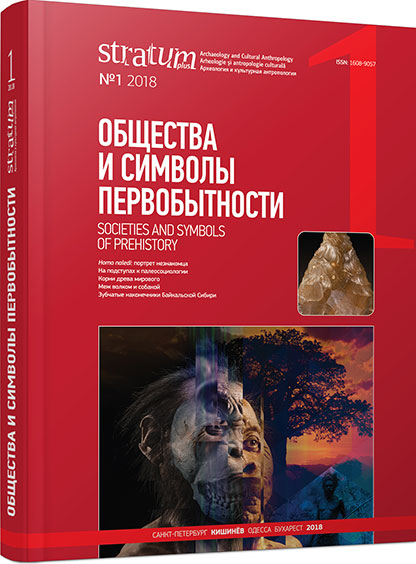Настоящий охотник — бедный охотник? («Моральная экономика» и некоторые проблемы социальной эволюции)
The Pure Hunter is the Poor Hunter? (“Moral economy” and some problems of social evolution)
Author(s): Olga Yu. ArtemovaSubject(s): Anthropology, Social Sciences, Cultural Anthropology / Ethnology, Culture and social structure
Published by: Издательский дом Stratum, Университет «Высшая антропологическая школа»
Keywords: the Aborigines of Australia; hunters and gatherers; Wik-Munkan; moral economy; sharing; demand sharing; personality; community; individual behavior; family; group; cultural traditions; ethos; postindu
Summary/Abstract: In economic terms in pre-colonial time, most Aboriginal groups conformed to Woodburn’s model of immediate-return systems. There was no institutionalized inequality in material wealth among them, and all of them followed the norms of ‘minimization of effort’ (Peterson’s term) or ‘satisficing principle’ whereby, as S. Svizzero and C. Tisdell put it, “he/she does not try to maximize his/her utility, but he/she tries to reach a pre-determined level of satisfaction. Once this threshold is reached, any additional work becomes useless.” These behavioral patterns tend to be quite persistent, and the author observed them while doing some field studies in modern Aboriginal settlements, where people do not try to obtain more food, personal belongings or money than they need at the given moment. Those features of their behavior are deeply connected with the persistence of the system, which the author calls ‘totalitarian sharing’ (in addition to Peterson’s ‘demand sharing’ construct). Despite having almost abandoned hunting and gathering, and also despite having lost many ritual and sociopolitical traditions, the contemporary indigenous Australians still retain the ideology and practice of sharing, according to which people have to share most of the things for which they have no immediate need. The field data discussed in the main part of the paper is framed by several theoretical underpinnings outlined in the first paragraph, as well as by some assumptions (with evolutionary connotation) provided in the last paragraph.
Journal: Stratum plus. Археология и культурная антропология
- Issue Year: 2018
- Issue No: 1
- Page Range: 77-102
- Page Count: 26
- Language: Russian
- Content File-PDF

